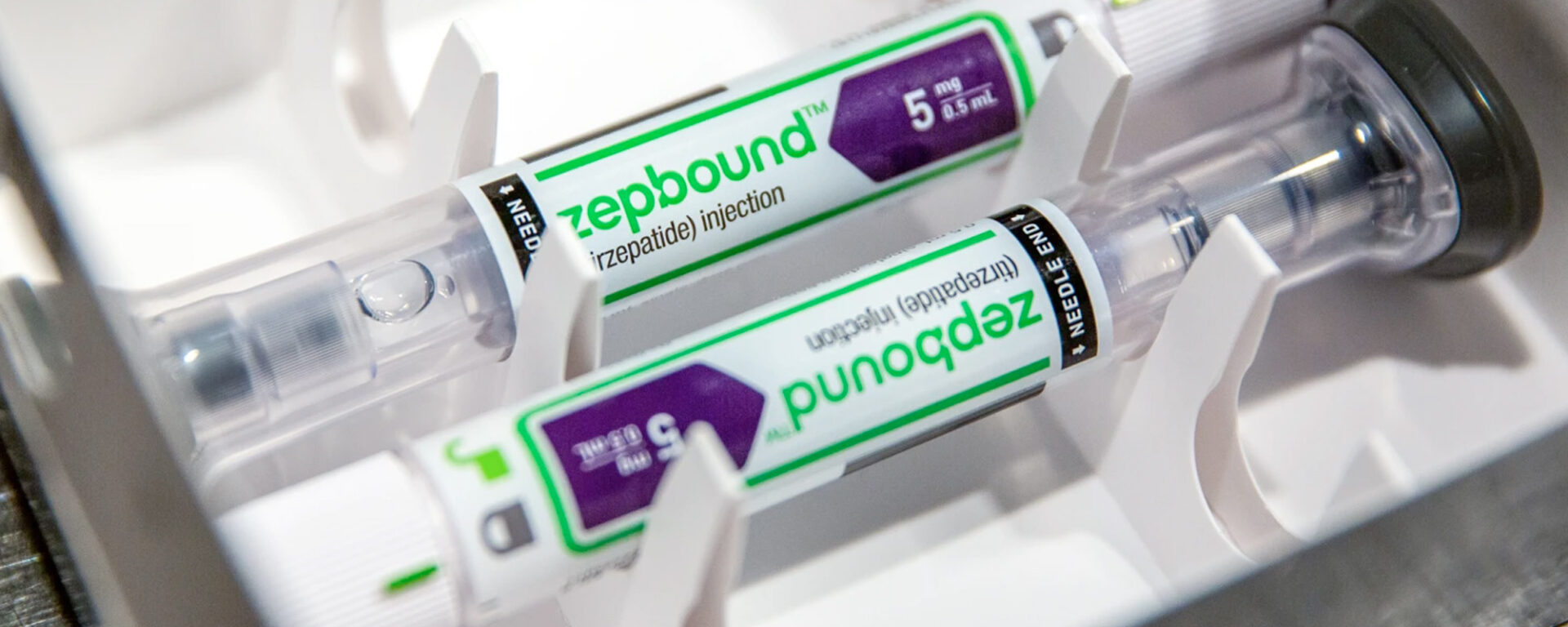Obstructive sleep apnea (OSA) and obesity are two health conditions that frequently coexist, with each exacerbating the other. For years, managing OSA has relied on lifestyle changes, weight loss, and the use of continuous positive airway pressure (CPAP) devices. However, a new breakthrough has emerged with the approval of Zepbound (tirzepatide), offering hope for adults struggling with moderate to severe OSA and obesity.
On December 20, 2024, the U.S. Food and Drug Administration (FDA) approved Zepbound, making it the first medication for OSA in adults with obesity. Tirzepatide, the active ingredient in Zepbound, was originally developed for type 2 diabetes but has demonstrated exceptional benefits for weight management. The drug works by activating two hormones, glucagon-like peptide-1 (GLP-1) and glucose-dependent insulinotropic polypeptide (GIP), which suppress appetite and reduce food intake.

The approval was based on two major clinical trials involving 469 adults with OSA but without type 2 diabetes. These studies included individuals who were either using CPAP or unable or unwilling to use CPAP. Participants receiving Zepbound for 52 weeks showed a significant reduction in their apnea-hypopnea index (AHI)—a key measure of OSA severity—compared to placebo. In addition to improvements in sleep-related breathing, patients experienced meaningful weight loss, which contributed to the reduction in OSA symptoms.
Zepbound represents a major step forward in addressing OSA by targeting one of its primary causes: obesity. Weight loss reduces fat deposits around the upper airway, minimizing airway collapse during sleep. This mechanism explains why patients in the clinical trials achieved both a reduction in AHI and relief from OSA symptoms. Remarkably, many participants achieved remission or mild OSA after one year of treatment.
Despite its promise, Zepbound is not without risks. Common side effects include nausea, vomiting, diarrhea, and abdominal discomfort. Additionally, the drug carries a warning for thyroid C-cell tumors based on animal studies, though its relevance to humans remains uncertain. Other potential risks include pancreatitis, gallbladder issues, and hypoglycemia. The FDA advises against its use in individuals with a history of medullary thyroid cancer or multiple endocrine neoplasia syndrome type 2.
Zepbound is not a standalone solution; it must be combined with a reduced-calorie diet and increased physical activity for optimal results. Moreover, it is not intended to replace CPAP but rather to complement existing treatment strategies. Patients are encouraged to consult their healthcare providers to determine if Zepbound is a suitable addition to their care plan.

The FDA’s approval of Zepbound marks a significant milestone in the treatment of OSA and obesity. By addressing both conditions simultaneously, this medication has the potential to improve the quality of life for millions of individuals. As research and post-market surveillance continue, Zepbound could redefine the standard of care for these interrelated health challenges.

